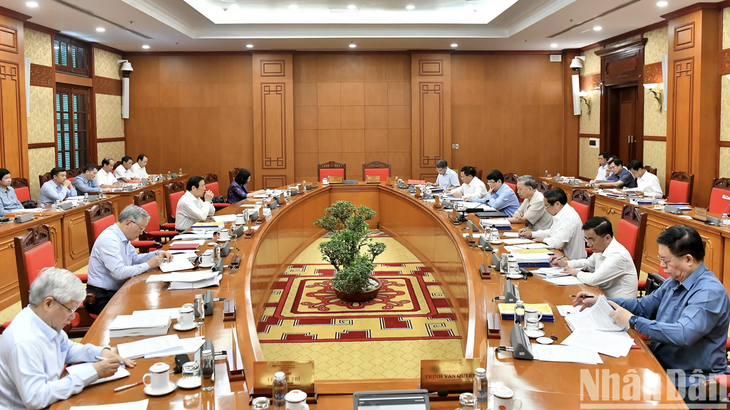
A meeting of the Politburo and Secretariat - Photo: NHAN DAN
Regulation 377 of the Politburo specifically regulates the dismissal, resignation, and removal of officials.
Cases of dismissal from office
The regulation clearly states the dismissal of officials in 5 cases.
Firstly, the head is responsible (except in cases of force majeure or the head has held the position for less than 1 year) when the locality, agency or unit only completes less than 70% of the targets and tasks according to the program and plan in the year or fails to complete 5 basic socio -economic targets assigned and approved by competent authorities (including Economic growth rate; State budget revenue; Disbursement of public investment capital; Average income per capita; Reduction of poverty rate).
Second, be responsible (except in cases of force majeure) if the results of implementing assigned targets and tasks on Party building, institution building, socio-economic development, national defense and security assurance, etc. according to the assessment of competent authorities in the year or periodically by individuals or agencies, units, and localities of which he/she is the head (or the deputy head of the head assigned to direct) do not meet the targets and plans according to regulations.
Or important decisions, regulations, rules, plans, programs, and projects that the agency or unit in charge of advising and proposing to issue, which the competent authority concludes are ineffective or have the risk of causing bad consequences, etc.
Third, bureaucracy, distance from the people, failure to promptly resolve legitimate and legal opinions, wishes, interests, complaints and denunciations of the people and enterprises under its authority according to assigned functions and tasks, and being concluded and evaluated by competent authorities, causes public outrage and negatively affects the reputation of agencies and units.
Fourth, the head is responsible when there are prolonged, complicated hot spots related to national defense, security, order, and social safety in the area and is concluded and assessed by competent authorities to have caused serious consequences.
Fifth, the leader is irresponsible and fails to promptly handle the situation when discovering that cadres and party members under his direct management have seriously violated Party regulations and State laws.
Cases for resignation
According to regulations, cadres voluntarily resign and are considered for resignation when there is one of the following grounds.
1. Due to personal recognition of limitations in leadership and management capacity or lack of prestige to fulfill assigned duties and tasks.
2. There are more than 50% of low confidence votes at the voting period as prescribed.
3. For other personal reasons.
4. Being the head of an agency or unit under his/her direct management or direct subordinate's authority, allowing serious corruption, waste, or negativity to occur but not to the extent that disciplinary action must be considered according to regulations.
5. During the term of office, there are 2 non-consecutive years of being classified as not completing the task.
6. Having committed acts of violation of political qualities, ethics, lifestyle and being concluded and assessed by competent authorities as causing public outrage and negatively affecting the reputation of the organization or individual.
7. Letting wife, husband, or children violate the law of the State; falling into social evils and being concluded and evaluated by competent authorities, causing public outrage, negatively affecting the reputation of oneself and the agency or unit.
8. Letting others take advantage of one's position and authority for personal gain and being concluded and assessed by competent authorities causing serious consequences, public outrage, and negatively affecting the reputation of individuals and organizations (except in cases where one is unaware).
9. Not daring to do, not daring to take responsibility, shirking responsibility, avoiding responsibility, not performing work within one's authority according to assigned functions and tasks and being concluded and assessed by competent authorities to cause very serious consequences, bad public opinion, and resentment among cadres, party members and people.
For the case mentioned in point 2, if the officer does not voluntarily resign, the competent authority shall consider removing him/her from office; for the cases mentioned in points 4, 5, 6, 7, 8, 9, if the officer does not voluntarily resign, the competent authority shall consider dismissing him/her.
The regulation clearly states that cases where resignation is not allowed include those who are undertaking tasks related to national defense, security, important and confidential tasks, have not completed tasks but need to continue undertaking tasks that the officer has performed himself, if the officer resigns, it will seriously affect the tasks assigned to the unit.
Under inspection, examination, audit, investigation by competent authorities. Cases with sufficient grounds for dismissal.
Cases of dismissal
The regulations clearly state the cases of dismissal including:
1. Being disciplined with a warning and being assessed by competent authorities as having limited capacity, reduced reputation, and unable to continue holding the assigned position.
2. Being disciplined with reprimands related to assigned duties and tasks two or more times during a term or appointment period.
3. There are more than 2/3 of the low confidence votes at the voting period as prescribed.
4. Having been classified as not completing tasks for 2 consecutive years (related to performing assigned duties and tasks).
5. Being concluded by a competent authority to have degraded political ideology, ethics, lifestyle, "self-evolution", "self-transformation"; violating things that party members are not allowed to do; violating the responsibility to set an example, causing public outrage, negatively affecting the reputation of oneself and the agency or unit where one is working.
6. Being concluded by a competent authority to have violated political standards according to regulations on internal political protection of the Party to the extent of being dismissed.
7. Being the head of an agency or unit under his/her direct management or responsibility or directly subordinates, causing corruption, waste, or negativity that causes very serious consequences according to the conclusion of a competent authority, but not to the extent that disciplinary action must be considered and handled according to regulations.
8. Being the head of an agency or unit under direct management or responsibility, causing serious conflicts and disunity according to the conclusion of a competent authority.
9. Violating Party regulations and State laws to the extent of being dismissed upon recommendation of competent authorities.
For the cases mentioned in points 1, 2, 3, 4, if the officer voluntarily resigns, the competent authority shall consider and decide according to its authority.
Source: https://tuoitre.vn/nguoi-dung-dau-bi-cho-thoi-chuc-khi-khong-kip-thoi-xu-ly-phat-hien-can-bo-vi-pham-20251017092520826.htm







![[Photo] Cat Ba - Green island paradise](/_next/image?url=https%3A%2F%2Fvphoto.vietnam.vn%2Fthumb%2F1200x675%2Fvietnam%2Fresource%2FIMAGE%2F2025%2F12%2F04%2F1764821844074_ndo_br_1-dcbthienduongxanh638-jpg.webp&w=3840&q=75)














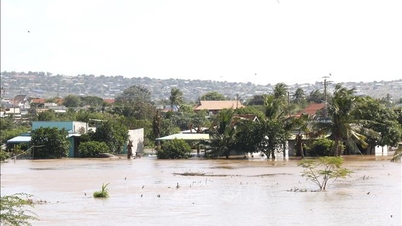


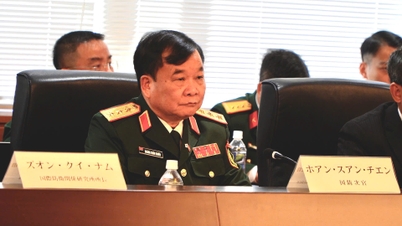











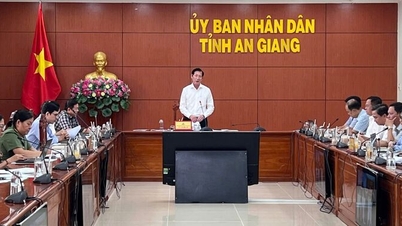








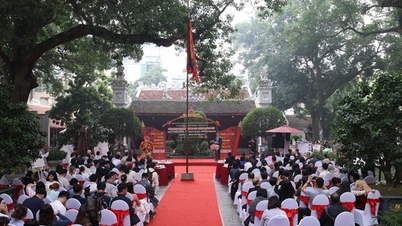






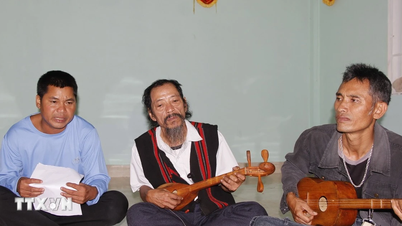








![[VIMC 40 days of lightning speed] Da Nang Port: Unity - Lightning speed - Breakthrough to the finish line](https://vphoto.vietnam.vn/thumb/402x226/vietnam/resource/IMAGE/2025/12/04/1764833540882_cdn_4-12-25.jpeg)

































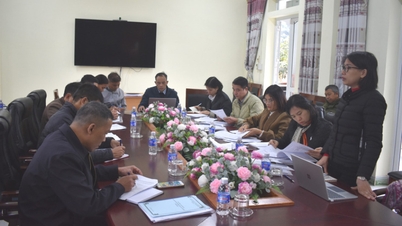













Comment (0)